IAKS is the leading global non profit organization dedicated to supporting sports, leisure and recreation professionals and institutions
BY PAULO PINTO / GLOBAL SPORTS
MARCH 9, 2023 / CURITIBA (PR)
The International Traditional Karate Federation (ITKF) has formalized its affiliation with the International Association for Sports and Leisure Facilities (IAKS). Headquartered in Cologne, Germany, IAKS is the leading global non profit organization for professionals and institutions in the fields of sports, leisure and recreation. Since 1965, the entity provides international networking for the exchange of planning, design and operational expertise, in addition to promoting congresses, seminars, study trips and visits to facilities, all in the sports field.
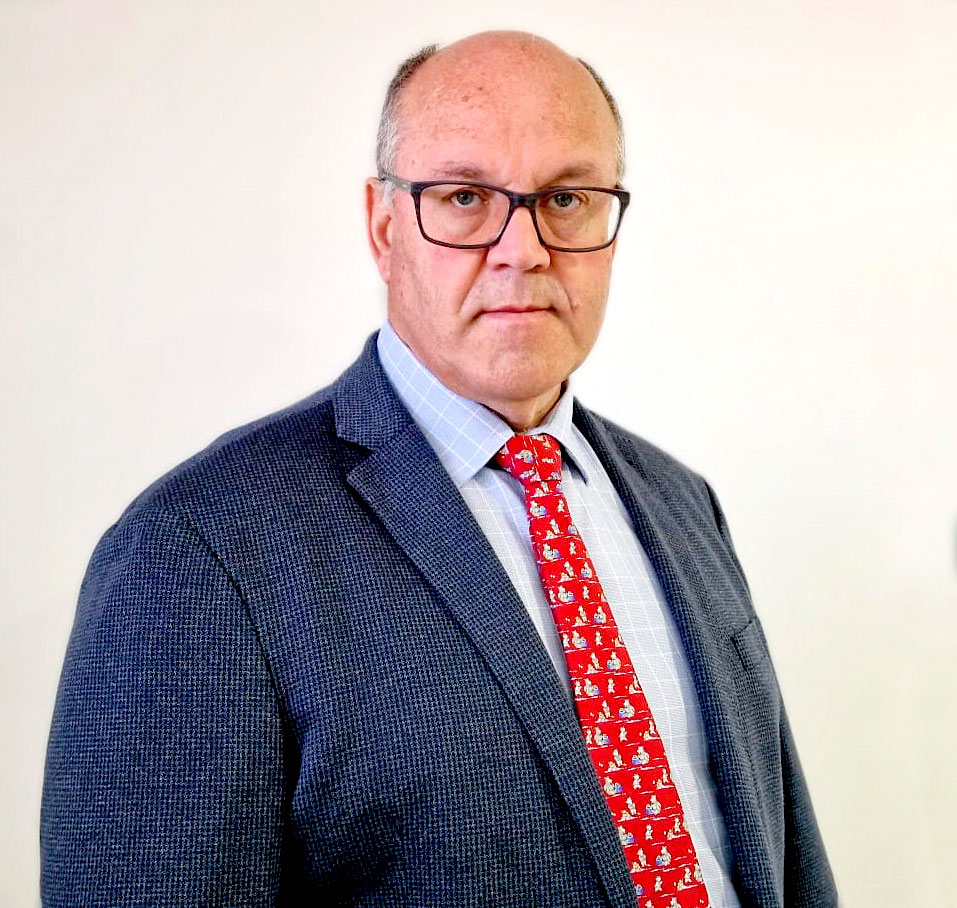
Sensei Fernando Silva from Portugal © File
Recognized by the International Olympic Committee (IOC), the IAKS also cooperates with the International Paralympic Committee (IPC) and other global non profit bodies aimed at promoting active and meaningful lifestyles to transform communities and urban areas into places of active life.
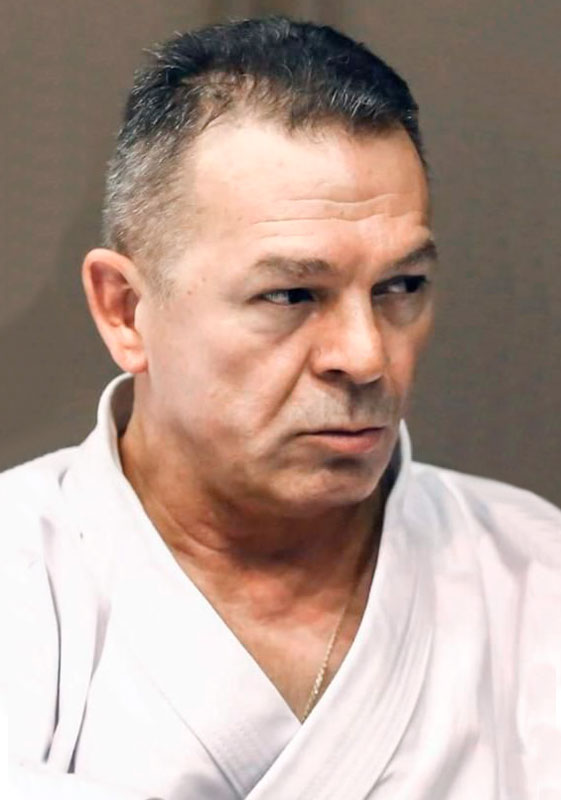
Sensei Nicolae Marandici from Romania © File
Directors of national federations that constitutes ITKF, in addition to chairman Gilberto Gaertner, commented on the strategic importance of this initiative. “The link with IAKS marks the beginning of a series of international partnerships that seek to aggregate the experience of different fields of knowledge with well-defined points of convergence”, said Gaertner. “The practice of traditional karate has among its priorities the improvement of health and quality of life, so we will have many gains and make many contributions.”
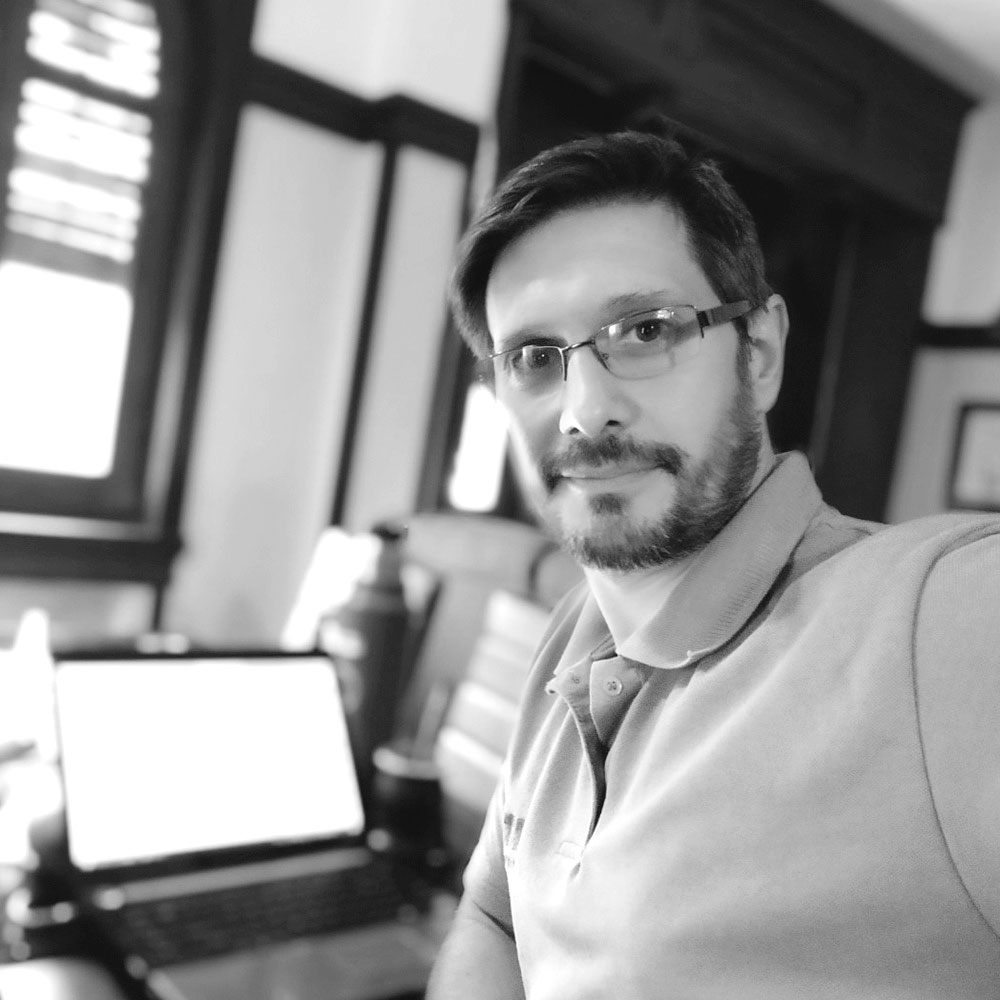
Sensei Jorge Crosa from Uruguay © File
Another issue highlighted by the chairman is the international networking, as IAKS is present in over 150 countries. “I believe that partnerships like this strengthen and give even more credibility to ITKF on a global level. IAKS maintains partnership with all the world-renowned sports representations, working to optimize spaces and sports facilities that contribute to an active and better life.”
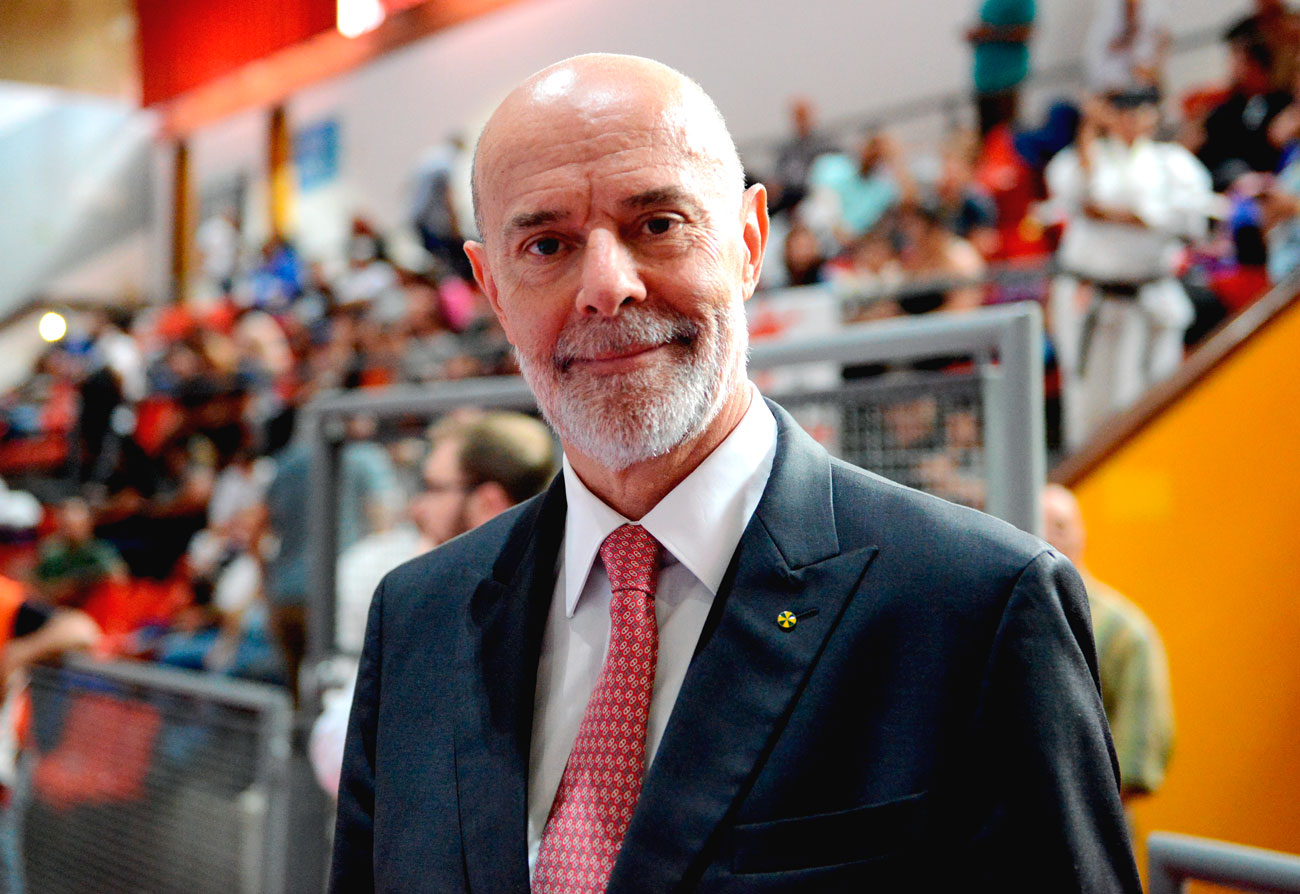
Sensei Luiz Alberto Kuster, general secretary of ITKF © Global Sports
Repercussions
Sensei Nicolae Marandici, President of the Federation of Traditional Karate of Romania, understands that this was an important step to expand the field of action of ITKF and a great opportunity for traditional karate to find new horizons all over the world.
“Having the IAKS as a partner, ITKF will gain more visibility, will have access to different networks and new contacts and will leverage the arrival of new members to the traditional karate of the ITKF Global”, he said.
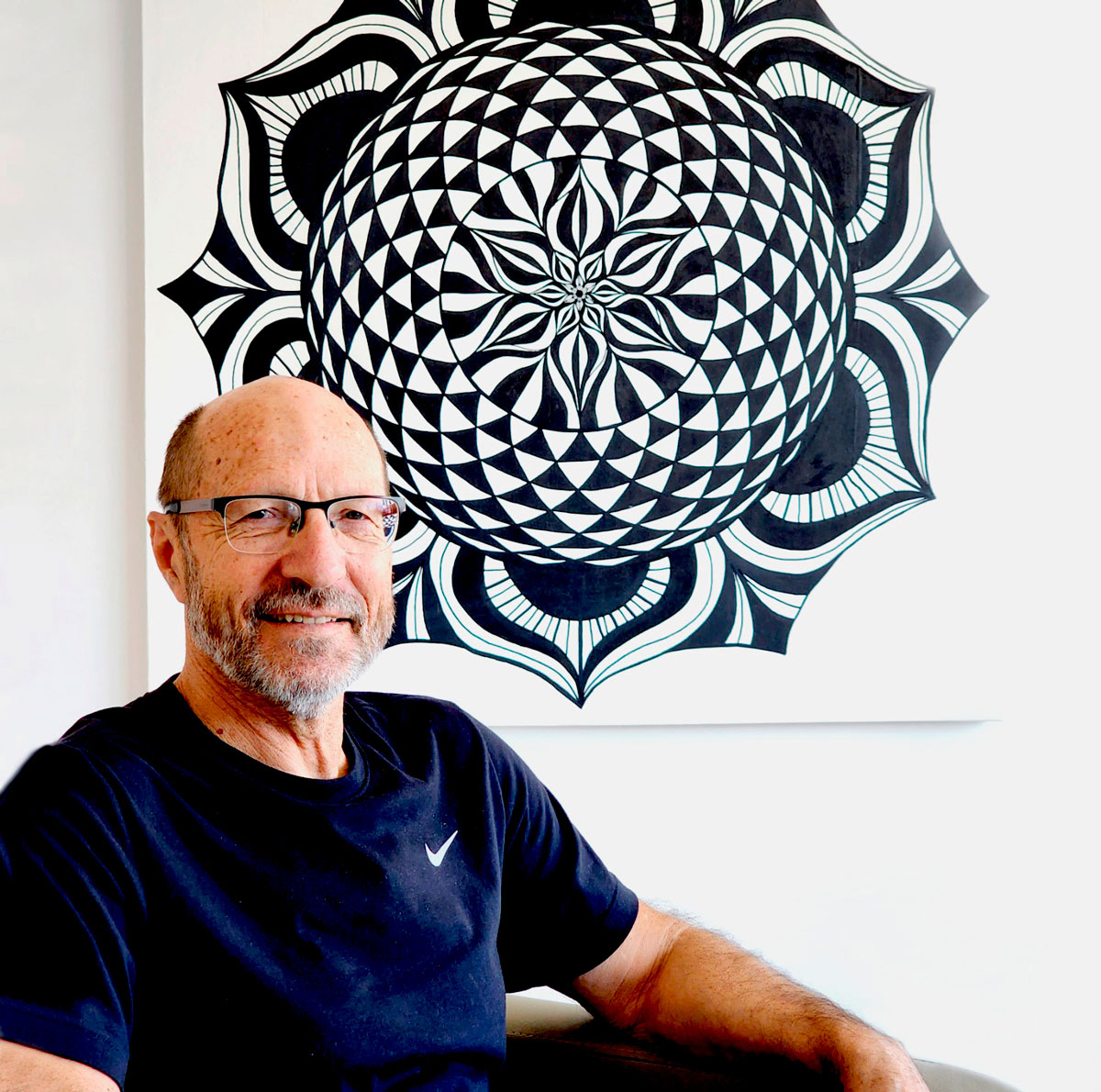
Sensei Gilberto Gaertner, Chairman of ITKF © Global Sports
For engineer Fernando Silva, vice-president of ITKF Europe and member of ITKF Global Directors committee, the affiliation of ITKF to IAKS will result in the projection of traditional karate across the planet. “In my opinion, it is an extremely important initiative, a giant step towards spreading traditional karate to the four corners of the world.”
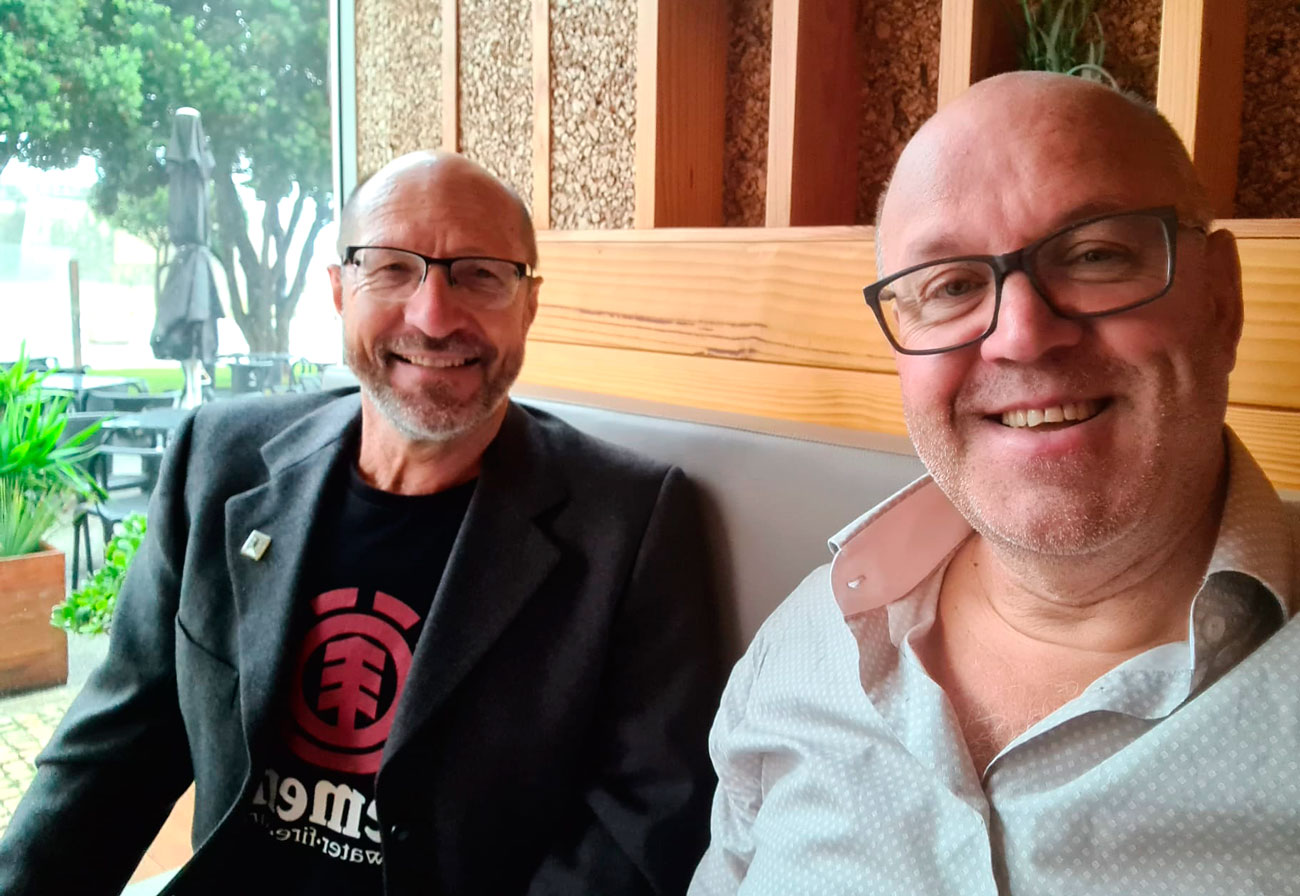
Chairman of ITKF with Sensei Fernando Silva in Portugal © File
The Portuguese director highlighted that IAKS is a group that includes all types of professionals (architects, engineers and sportsmen, among others). “In the first instance, IAKS is based on representing the sports area in the professional field, but it also acts in the leisure area, both directly and as a consultant, which makes the partnership much more interesting. This will lead to new approaches that will make our federation even more recognized and presented as a reliable partner.”
Silva recalled that what stands out most about this approach is that the IAKS maintains direct contact with the sports ministries of several countries. In person, there are representations in 110 of them. “Being a recognized member of the IOC, the IAKS will make ITKF internationally noted, which, in the medium and long term, will possibly make it possible to reach levels that had never been thought of or aimed for.”
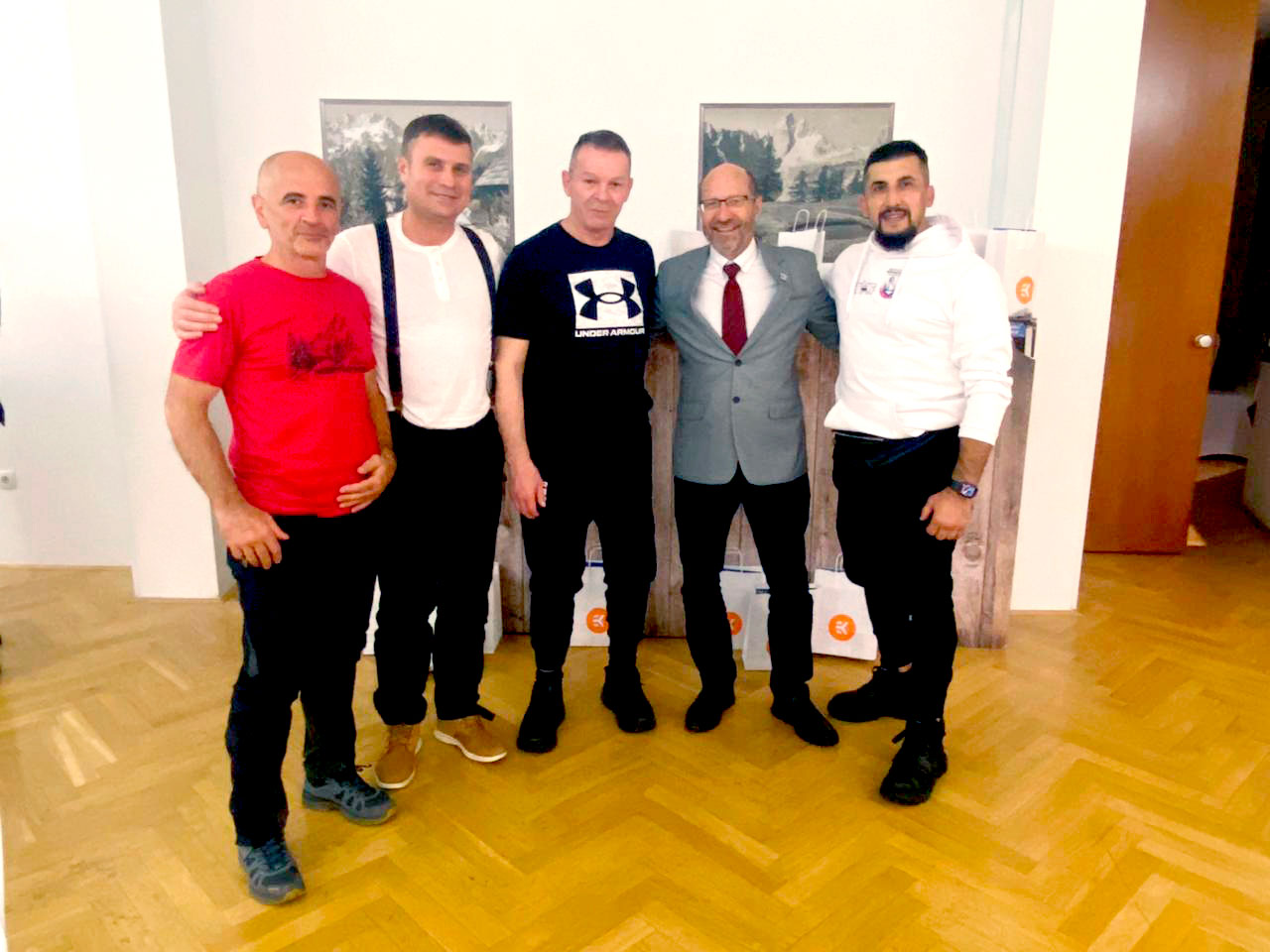
Chairman of ITKF with Sensei Nicolae Marandici, Cornel Mussat and leaders of the Romanian federation © File
Architect Jorge Crosa, general secretary of ITKF Panamericana and member of ITKF Global Directors committee, pointed out that the concept of continuous improvement at ITKF has taken a certain and decisive course and that the entity is certainly moving in the right direction. According to him, the initiative adds to the recent addition of new member countries in the academic-sports field, to study trips to the sources and origins of traditional karate and to actions aimed at detecting where the world of sport is heading.
“And when we refer to this advance”, he added, “we emphasize not only what refers to traditional karate, but to all related activities, both in terms of sports facilities and complementary activities to our specialty. This challenges us from the worldview of our martial art and how we relate to other elements for its integrative development.”
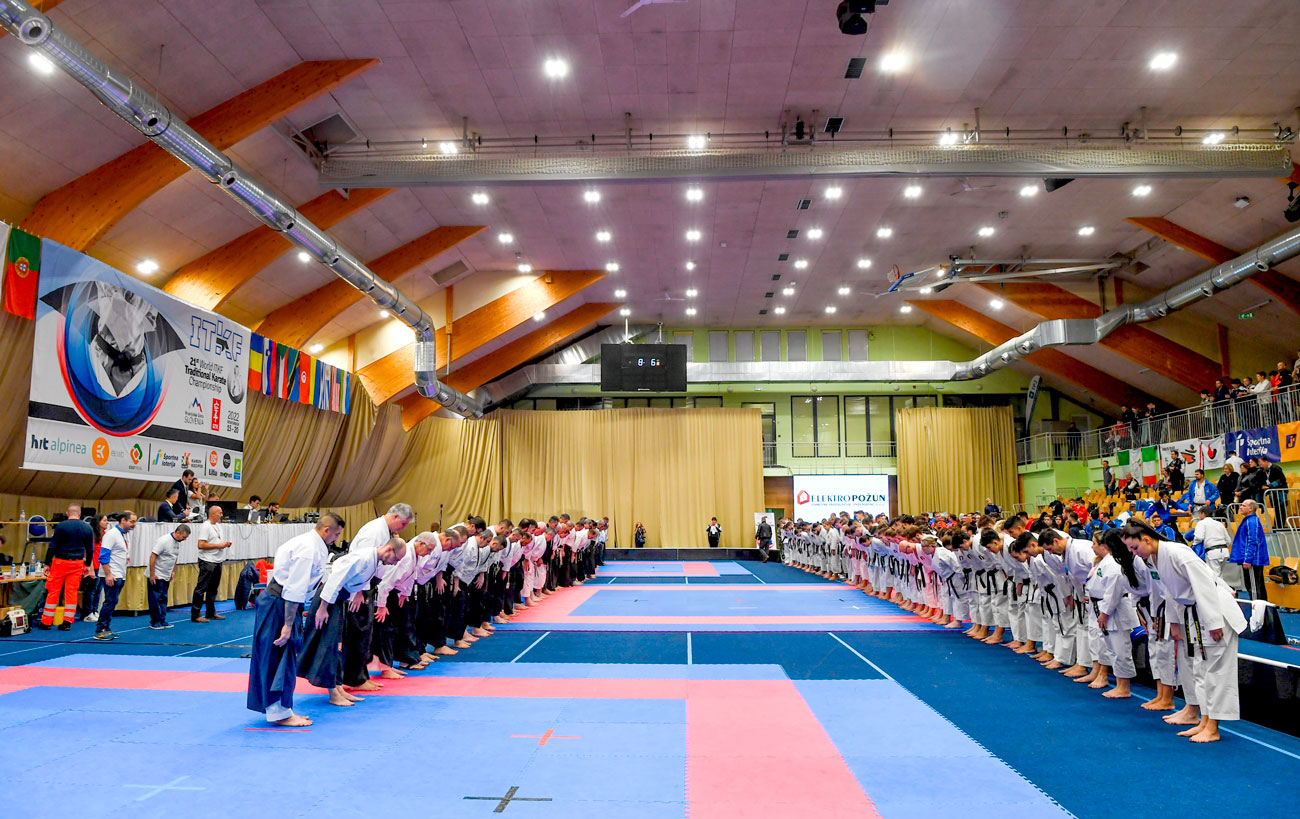
Final disputes of the World Championship in Slovenia © Julio Oscar Albornoz
Crosa also pointed out that the recent affiliation to the world-famous IAKS will allow to estblish definetely the theme of traditional karate and its guidelines – along with the interrelationship with other complementary disciplines – in its relationship with the environment.
“In these times of modernity, high technology, first-generation construction processes and sustainable and ecologically correct architecture, to innocently think that we can learn karate by just throwing a pair of tatami mats on the floor is very naive and even dangerous. The public we are targeting today is more prepared and professional than 20 years ago and is updated every minute, ”he argued. “Understanding that training in traditional karate requires technical and scientific guidance means that we are in a new era.”
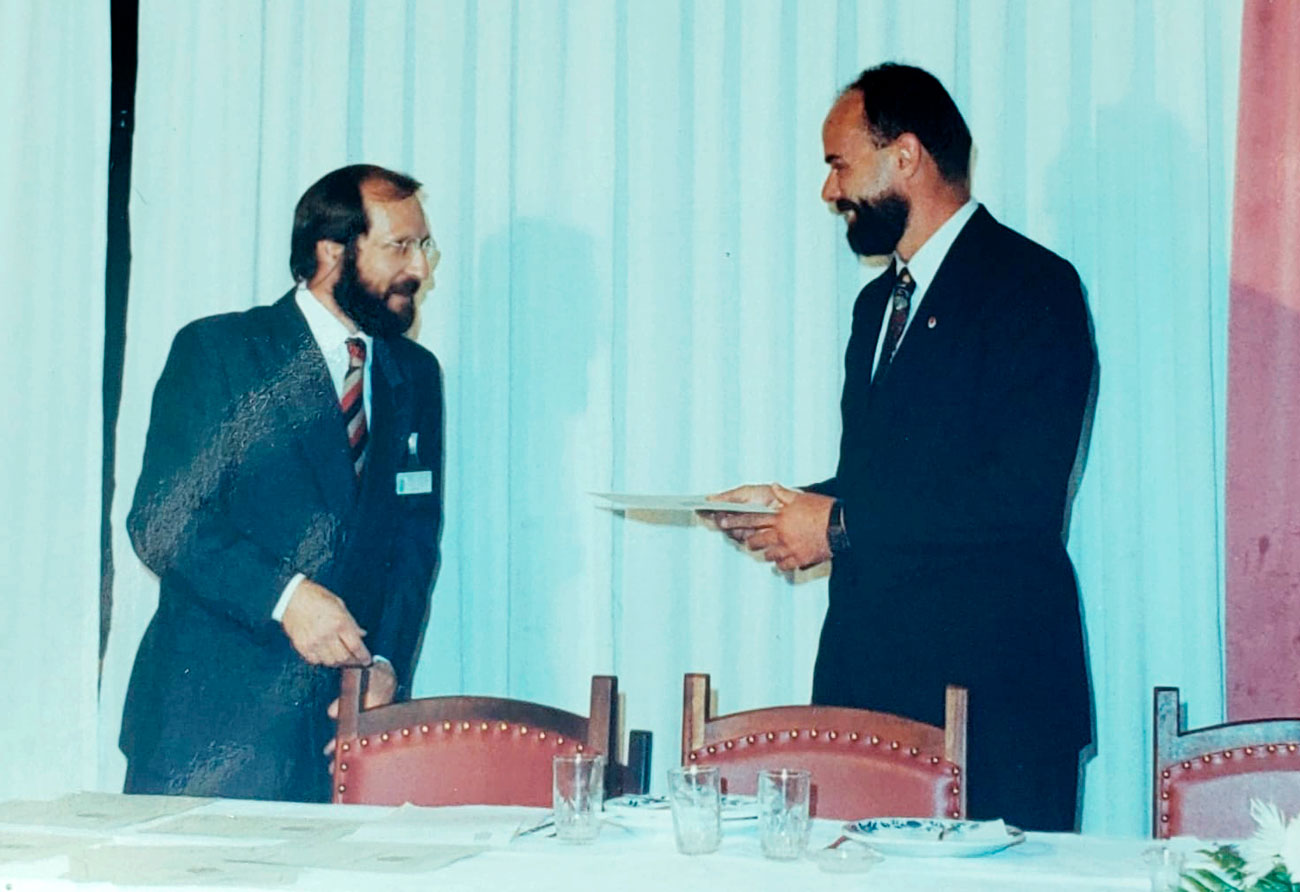
Old friendship, Gilberto Gaertner and Luiz Alberto Kuster in 1993 establishing a partnership between the federation from Paraná and the Brazilian confederation of traditional karate © File
For the Uruguayan leader, it will to understand where the architecture of sports facilities around the world is going, in a parity relationship. “The contribution of ITKF should not be underestimated, as it is the only global karate entity that has consensually and strategically decided to integrate a worldwide research and development organization such as IAKS.”
In this sense, concluded Jorge Crosa, ITKF faces the great challenge of sharing its knowledge of facilities for teaching traditional karate, to integrate it into the new types of sports equipment of the future, so that investments allow access to a modality of ITKF Hombu Dojo within the highest design standards worldwide.
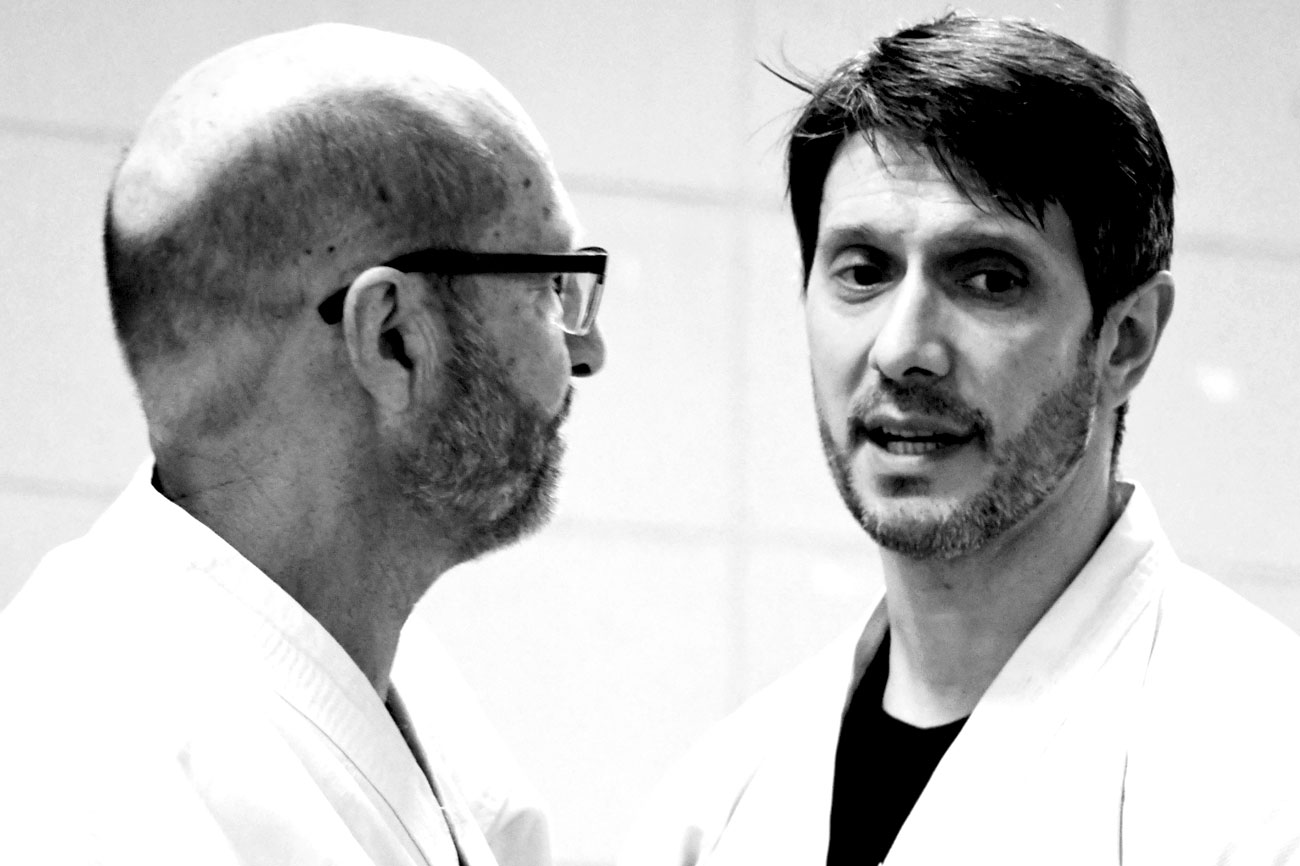
ITKF Chairman and Sensei Jorge Crosa at a Technical Seminar in Uruguay © File
Reconstruction
Engineer Luiz Alberto Kuster, general secretary of ITKF, recalled that after the death of its founder, Master Hidetaka Nishiyama, in 2008, ITKF went through a slow process of functional breakdown. The institutional headquarters in Los Angeles, California, was closed and came to exist only on paper and in people’s imagination.
Important information was lost and the lack of accounting information and proper accountability led to the great crisis of 2013, when important associated countries, professors and renowned athletes left the entity.
“When he assumed the responsibility of leading ITKF, Professor Gilberto Gaertner established the reconstruction of the organization as a priority goal, with its complete institutional legalization”, stated Kuster. “The first measure was to transfer the administrative headquarters to Brazil, followed by the decision to operate financially with a top bank, Santander, which allowed ITKF to resume its institutional and administrative normality. It was an important and decisive farewell to cash transactions and obscure finances. The consolidation into a single document of the constitutional amendments approved in numerous assemblies was another essential step, as was the hiring of a certified public accountant (CPA).”
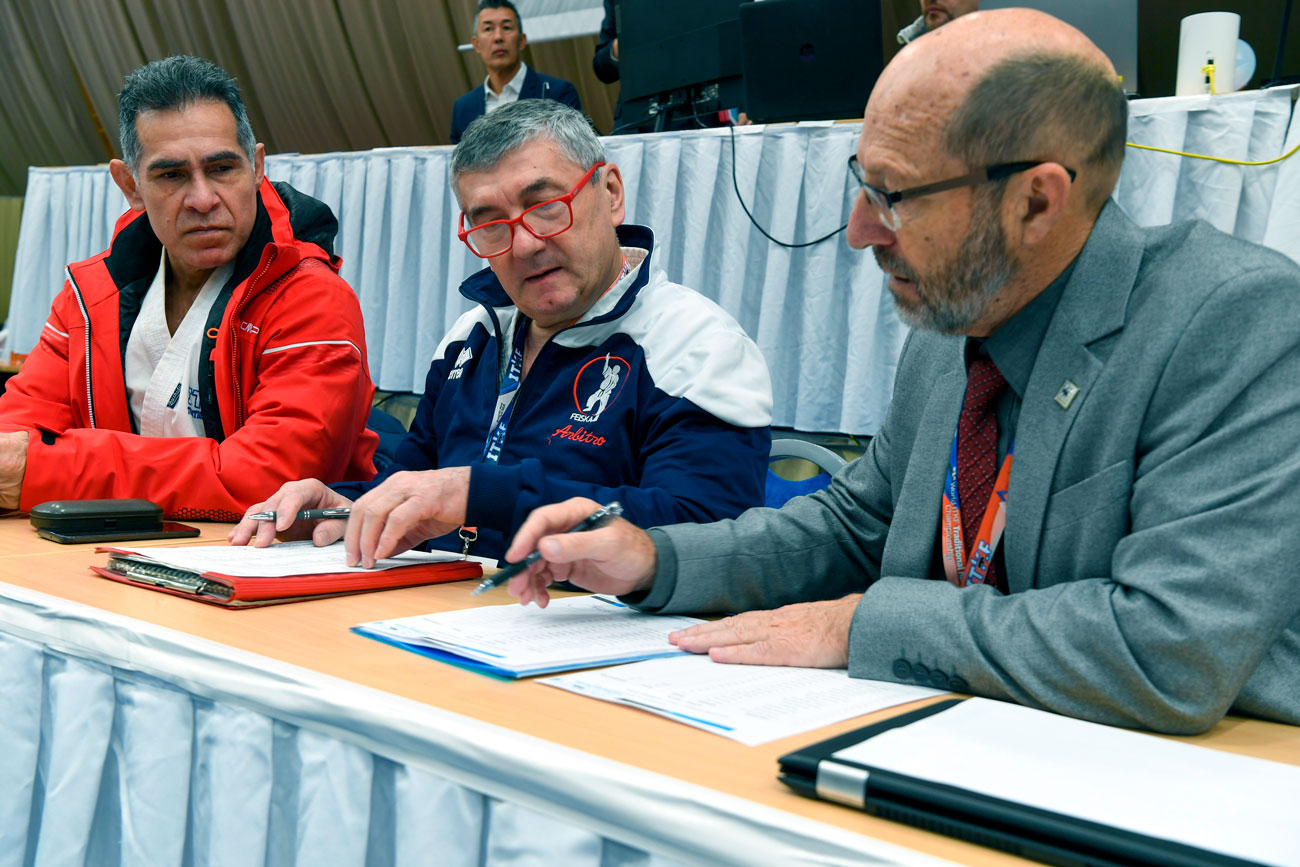
Chairman of ITKF with Sensei Eligio Contarelli and sensei Justo Gomez, members of the institution’s Technical Committee © Julio Oscar Albornoz
Kuster emphasized that, with ITKF Global consolidated in its legal and institutional form, Professor Gilberto can trigger the second phase of the project: the national and international recognition of the entity. “The organization today lives up to the memory of the great master Nishiyama. Legally registered in Brazil under the same name, International Traditional Karate Federation (ITKF), it aims to promote sports, cultural, scientific activities, sports teaching; and promotion and management of sporting events. The last world championships, held in 2019 in Brazil and in 2022 in Slovenia, testify to our real recovery.”
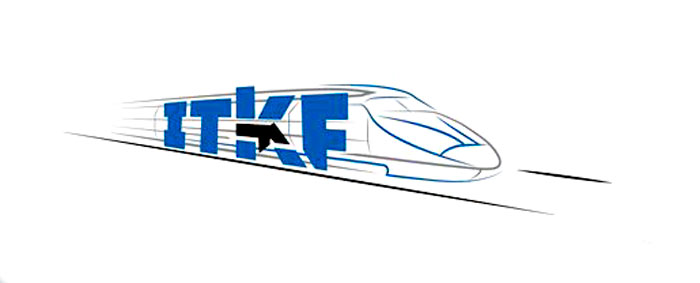
The ITKF locomotive
The general secretary informs that ITKF processes for recognition of public utility and registration with the National Sports System are currently being processed.
Internationally, he highlights its affiliation with the International Association for Sports and Leisure (IAKS), which cooperates with important organizations such as the Swedish Gymnastics Federation, the German Swimming Federation, the Norwegian Football League, the International Kempo Federation, the Irish Swimming and Sports League New Zealand, among many others.”
Kuster recalled that traditional karate is not an Olympic sport. “We passed that phase in the 1990s, when Master Nishiyama tried, without success, for the IOC to respect the centuries-old rules and almost sacred principles of Budo. The lack of consideration by the Olympic agents at the time resulted in the creation of sports karate, with its own rules and different from ours, more focused only in competition. The traditional keeps the secular rules and teachings, more focused on human development and self-defense.”
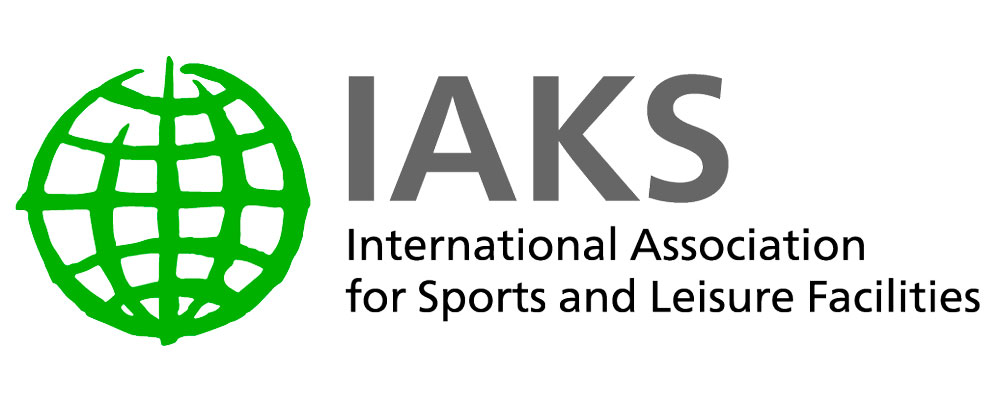
IAKS Logo
The lack of financial support from the IOC obviously makes a difference. “Our events are a mirror of the willpower and fierce dedication of each leader for the survival of traditional karate. But there is, in some countries, ministerial support, essential for serious and committed non-Olympic federations. ITKF’s affiliation with IAKS guarantees these ministries the necessary regulation for important institutional support. For this we are very happy.”
According to the leader, other international affiliations are on the way. “I like the image of ITKF as a full-throttle, unstoppable locomotive moving forward with its constitutional purpose of popularizing and developing traditional karate in the right direction,” summarized Kuster.





